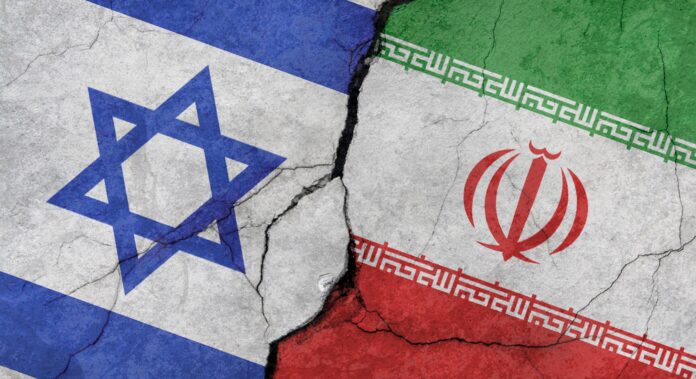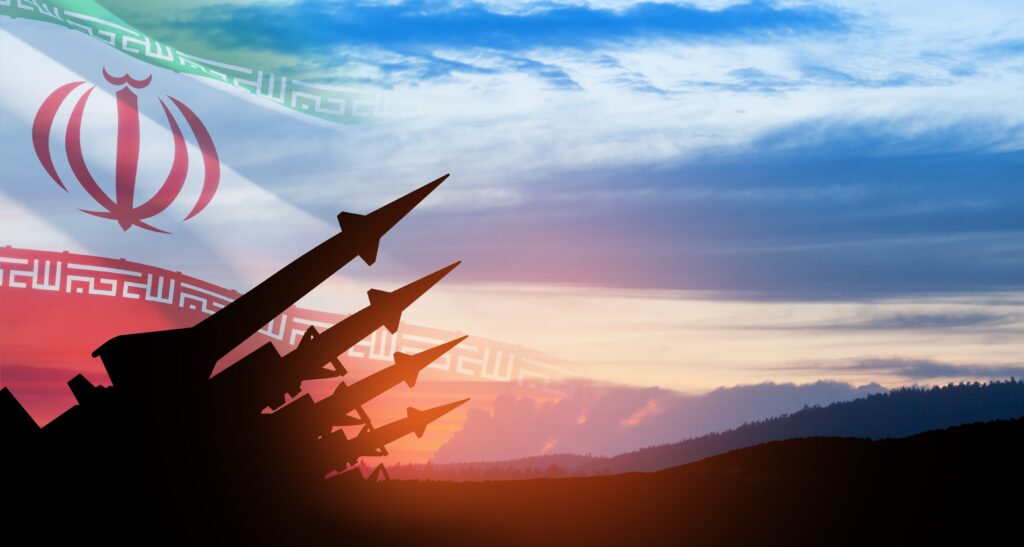Israeli media is reporting that Israeli long-distance aircraft fired missiles at Iranian Air Force assets in Iran’s central Isfahan province.
The Jerusalem Post, which has close ties to the military, did not provide a source for the allegation and there has been no official Israeli comment yet.
U.S. media reports, citing officials, also said that Israel had carried out a strike inside Iran.
Israel is the only Middle East country that has F-35 aircraft capable of reaching Iran while avoiding radar detection.
Israeli officials have previously hinted in recent years at the possibility of using this type of aircraft in attacks against Iran.
Meanwhile, Iranian media would only confirm “the sound of explosions have been heard near the central Iranian city of Isfahan and Tabriz in the country’s northwest after air defence systems fired at “suspicious objects” early Friday.”
Officials said important facilities in the Isfahan province, especially nuclear facilities, are completely safe and no incidents have been reported.
Subscribe to our newsletter and stay updated on the latest news and updates from around the Muslim world!
“The sound was related to Isfahan’s air defense systems firing at suspicious objects and we have not had any damage or accident,” Brigadier Siavash Mihandoust, senior Army commander in Isfahan province, said Friday.
Space agency spokesman Hossein Dalirian said several drones “have been successfully shot down by the country’s air defense, and that there had been “no missile attack for now” on the country.
“No foreign aerial attack has been carried out so far against Isfahan or other areas of the country,” he wrote in a post on his account on X on Friday morning.
There were just “failed and humiliated” efforts to fly quadcopters which were downed, Dalirian said.
The Iran Airports and Air Navigation Company said normal operations have resumed for flights at Iranian airports including Imam Khomeini International Airport and Mehrabad International Airport in Tehran after temporary delays.
The International Atomic Energy Agency (IAEA) also announced in a Friday post on X that Iran’s nuclear facilities were safe.
Tension escalated between Iran and Israel after Tehran launched a drone and missile attack on Saturday in response to the April 1 attack on its consulate in Syria, in which seven military advisers were killed.
Israel, which has not formally taken responsibility for the consulate attack, has vowed a military response to Iran’s weekend attack.
International reaction
Russia called on all sides to exercise restraint in the Middle East after Israel’s alleged attack on Iran.
Kremlin spokesman Dmitry Peskov said: “We persist in urging all involved parties to exercise restraint, refraining from any actions that might exacerbate tensions in this already volatile region.”
Türkiye also called on all parties to exercise restraint, stressing the importance of preventing further escalation.
“In light of the latest developments, it is becoming increasingly evident that the tensions that were initially caused by Israel’s illegal attack on the Iranian Embassy in Damascus risk turning into a permanent conflict,” the Turkish Foreign Ministry said in a statement.
The ministry urged “all parties to refrain from steps that could lead to a wider conflict.”
“The priority of the international community should be to stop the massacre in Gaza and to ensure lasting peace in our region by establishing a Palestinian state,” it said.
The British prime minister said “significant escalation is not in anyone’s interest” in the Middle East, adding that they want to see “calm heads prevail.”
Asked about his response to the reported Israeli strikes to Iran, Rishi Sunak said it is a developing situation, so it “wouldn’t be right for me to speculate until the facts become clearer.”
“We are working to confirm the details together with allies,” noted the British premier.
Reiterating that Britain has condemned Iran’s Saturday retaliatory attacks against Israel, he said Israel “absolutely has the right to self-defence.”
“But as I said to (Israeli) Prime Minister Netanyahu when I spoke to him last week, and more generally, significant escalation is not in anyone’s interest,” noted Sunak.
European Commission President Ursula von der Leyen called on Israel and Iran to avoid escalating the ongoing tension.
“We have to do everything possible that all sides restrained from the escalation in that region,” von der Leyen said during her joint press briefing with Finnish Prime Minister Petteri Orpo.
“It is absolutely necessary that the region stays stable and that all sides refrain from further action,” she added.
























